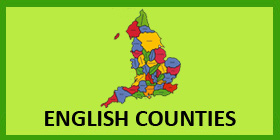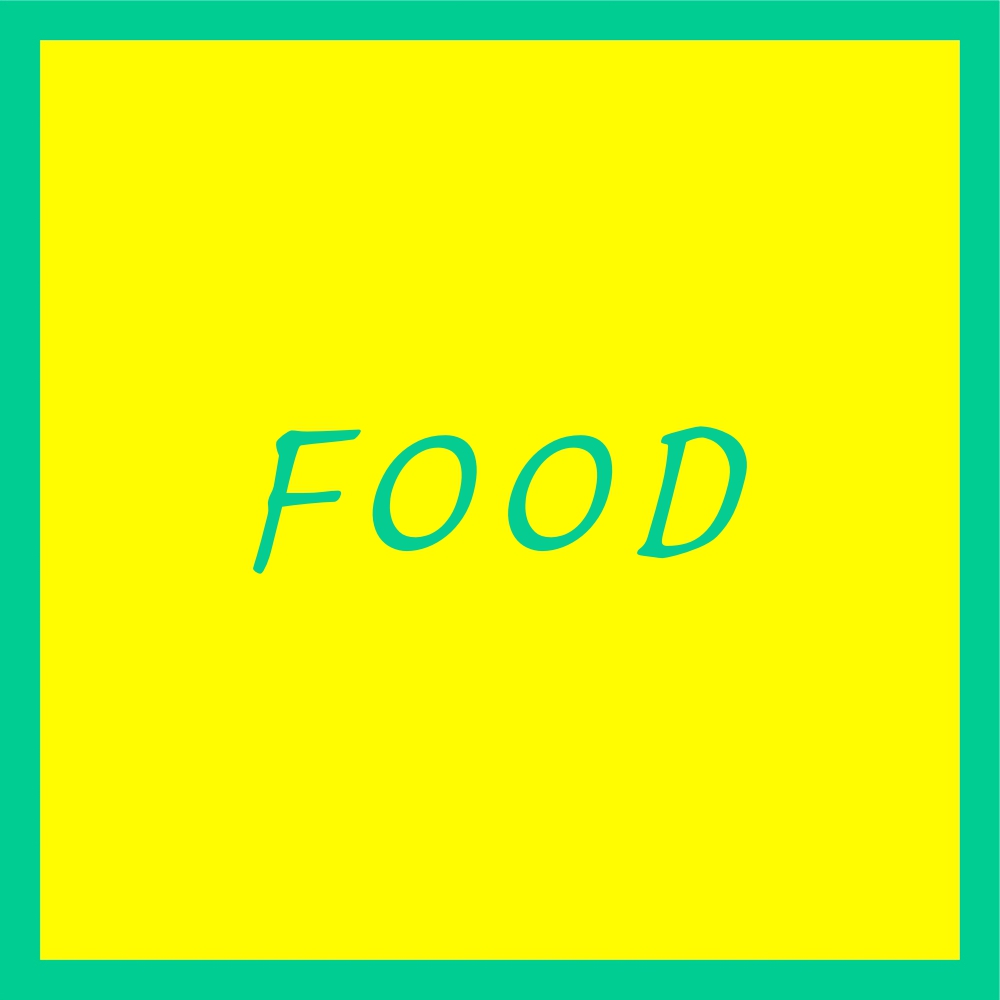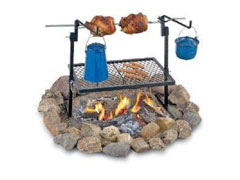




Back to the Intro Page







Food was still being cooked over a fire in pots or on a spit just like in the photo. Famine was always a major problem. A couple of wet summers and food would be scarce. During the Wars of the Roses food for peasants became even more difficult to grow and, if you did manage to grow some, it was difficult to keep. Armies don't tip-toe through fields and often a peasant would find his crop trampled on by soldiers or, if a battle had taken place nearby, his crop could be covered in dead bodies. If an army camped nearby, raiding parties of soldiers would be sent out to collect food for the soldiers. In the manor houses the rich had gold or silver cups. They would use spoons and plates and almost everyone carried their own knife, attached to their belts, and used this to cut food. Poor people would use stale bread, cut into a square, as a plate. They were called trenchers. They ate with spoons or fingers. After eating, the poor would wipe their fingers on the bread that had been their plate, while the rich would dip their fingers into a bowl of scented water brought to them by a servant. No meat could be eaten in the 40 days before Easter. Drink was ale for the poor, either home-made or bought from stalls, with the rich often drinking wine. People could be fined if they sold under-strength ale. Feasts would include roast piglet, goose, swan or lark which is maybe where the song 4 and 20 blackbirds baked in a pie originated
Back to the Plantagenets Again Hoots - FoodForward to the Tudors Hoots - Food

